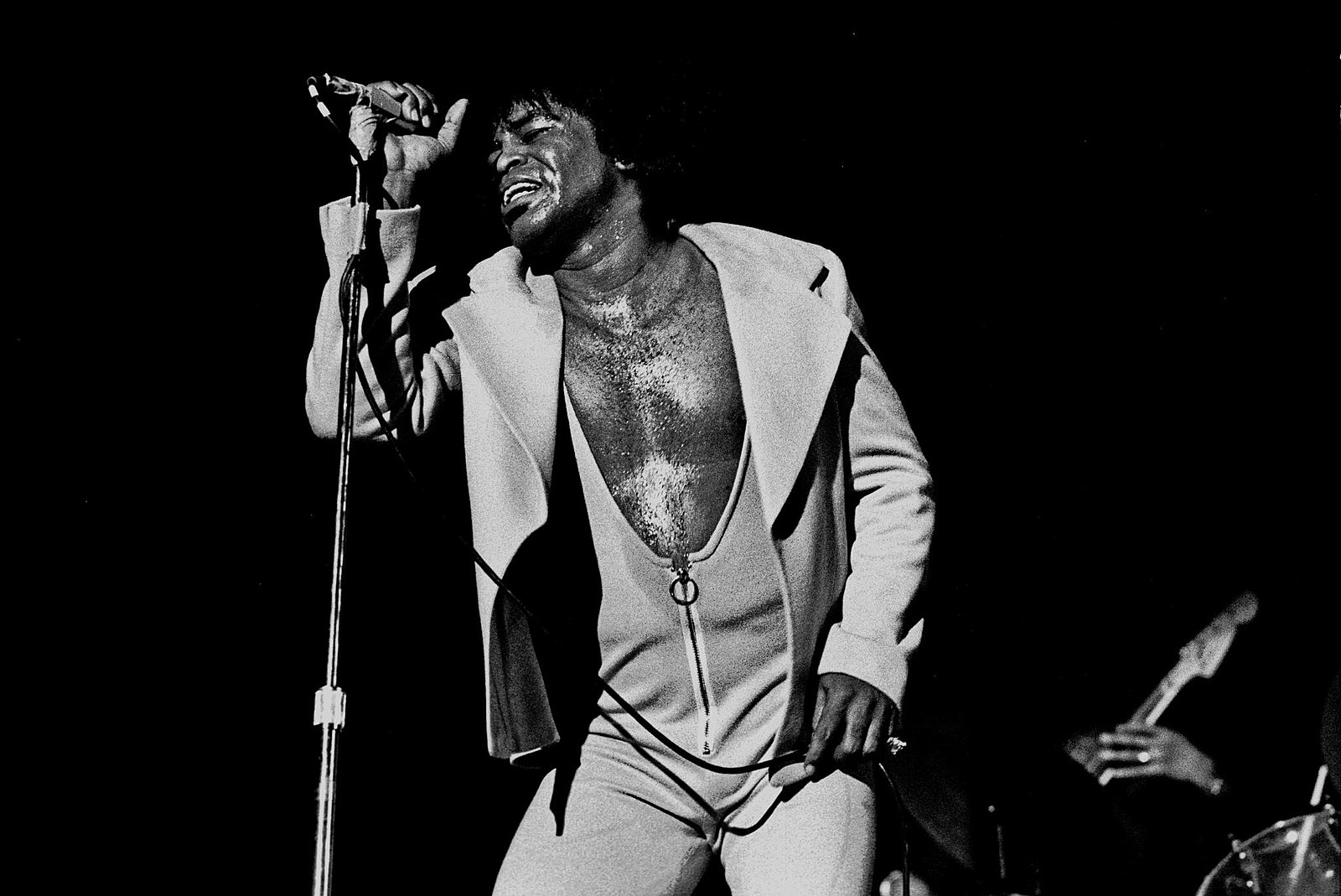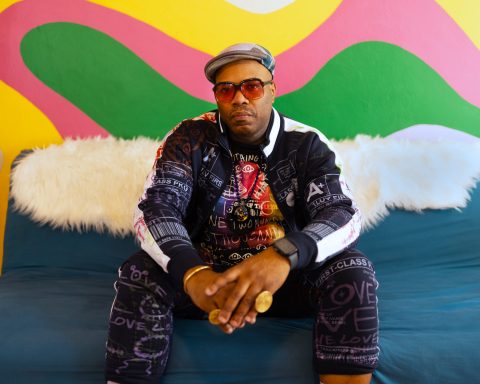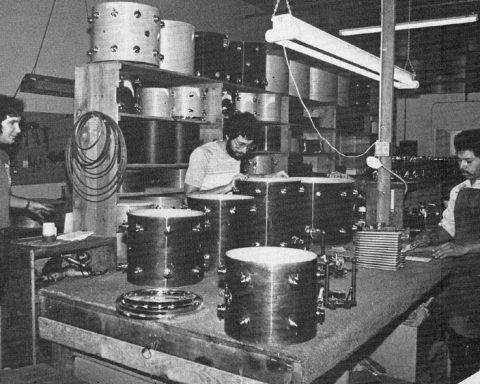James Brown is all about the groove. In his 1969 recording session at King Studios, Brown set up Clyde Stubblefield to play a solo, shouting, “Give the drummer some!” Stubblefield continued to play his march-like, syncopated groove as Brown directed. The iconic groove is one of the most widely sampled funk beats of all time. With his masterful ghost notes on the snare drum, his obvious commitment to keep the band churning without adding unnecessary flourishes, and his legendary improvised breakbeat, Stubblefield inspired Brown to title the song “Funky Drummer” right on the spot.
A Drummer’s Story
Clyde Stubblefield was born on April 18th, 1943, in Chattanooga, Tennessee, where he grew up hearing the industrial sounds of factories and trains. He heard the percussive nature of the reverberations from manufacturing plants echoing back from the mountains and the clicking of the railroad tracks as trains sped by.
By his teenage years, he was playing professionally and had moved to Macon, Georgia. There, he played with Otis Redding and others. A local club owner introduced Stubblefield to James Brown, and he played with the “Godfather of Soul” for six years, as one of two key drummers on Brown’s tours. The other drummer was John Starks, also known as “Jabo.”
"A local club owner introduced Stubblefield to James Brown, and he played with the 'Godfather of Soul' for six years."
Laying the Funk on Tape
“Funky Drummer” was recorded on November 20th, 1969, in Cincinnati, Ohio. Brown released the song as a 45rpm single as well as an album version. He later included the album version on the compilation, In the Jungle Groove. It included a nine-minute version of “Funky Drummer” and an added “bonus beat reprise.” The latter was a drum loop of Stubblefield’s iconic groove, interjected only with Brown’s vocal percussion, guitar, and tambourine. This version is the primary source of the two-bar breakbeat.
“Ain’t it funky?” Brown asks several times throughout the break. He encouraged Stubblefield to keep the drum pocket lean with his recorded asides. “You don’t have to do no soloing, brother—just keep what you got. Don’t turn it loose!”
"A nine-minute version of 'Funky Drummer' with added bonus beat reprise is the primary source of the two-bar breakbeat."

Ongoing Influence
The “Funky Drummer” drum break has been used by artists such as LL Cool J (“Mama Said Knock You Out”), Public Enemy (“Fight the Power”), and Sinead O’Connor (“I Am Stretched on Your Grave”). Beastie Boys and Ed Sheeran are also among the thousands to have sampled this beat in their songs. Sadly, many musicians have used this in-the-pocket sample in their music without crediting Stubblefield.
Breaking It Down
If this groove was easy, it would not be sampled so frequently, as any drummer could simply record it. It was Stubblefield’s subtleties and nuances that created its funky essence. It’s a demanding beat, but it is empowering and enjoyable to play once you put in the practice. As the old saying goes, “Hours equal powers.”
"LL Cool J, Public Enemy, Sinead O’Connor, Beastie Boys, and Ed Sheeran are among the thousands who've sampled this beat."
First, start by isolating and playing the one-handed sixteenth-note hi-hat pattern. Then, bring in the bass drum on the 1, and “&” then “&” and “e.” Next, add the forte (loud) snare on beats 2 and 4 while maintaining ghost notes—soft snare hits—for the additional snare beats. The trickiest part is closing the hi-hats in time while keeping the ghost notes steady. Note that the first open hi-hat occurs by itself and the second comes along with the bass drum on the “e” of beat 4.
If it helps, play along to the track so you can pretend the legendary James Brown is singing his encouragement to you. While you’re digging in, don’t forget to have fun and make it funky.
How to Play "FUNKY DRUMMER"









